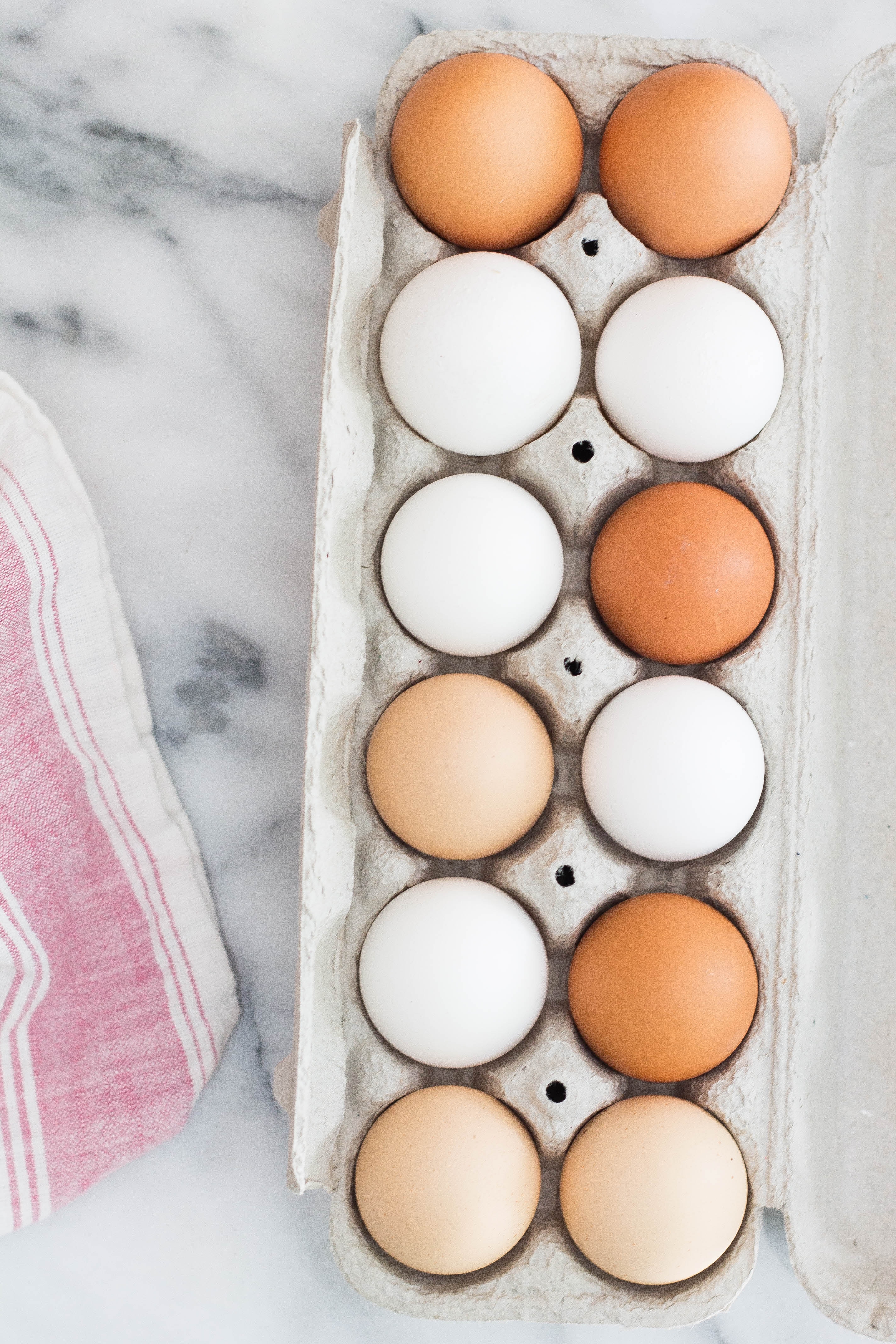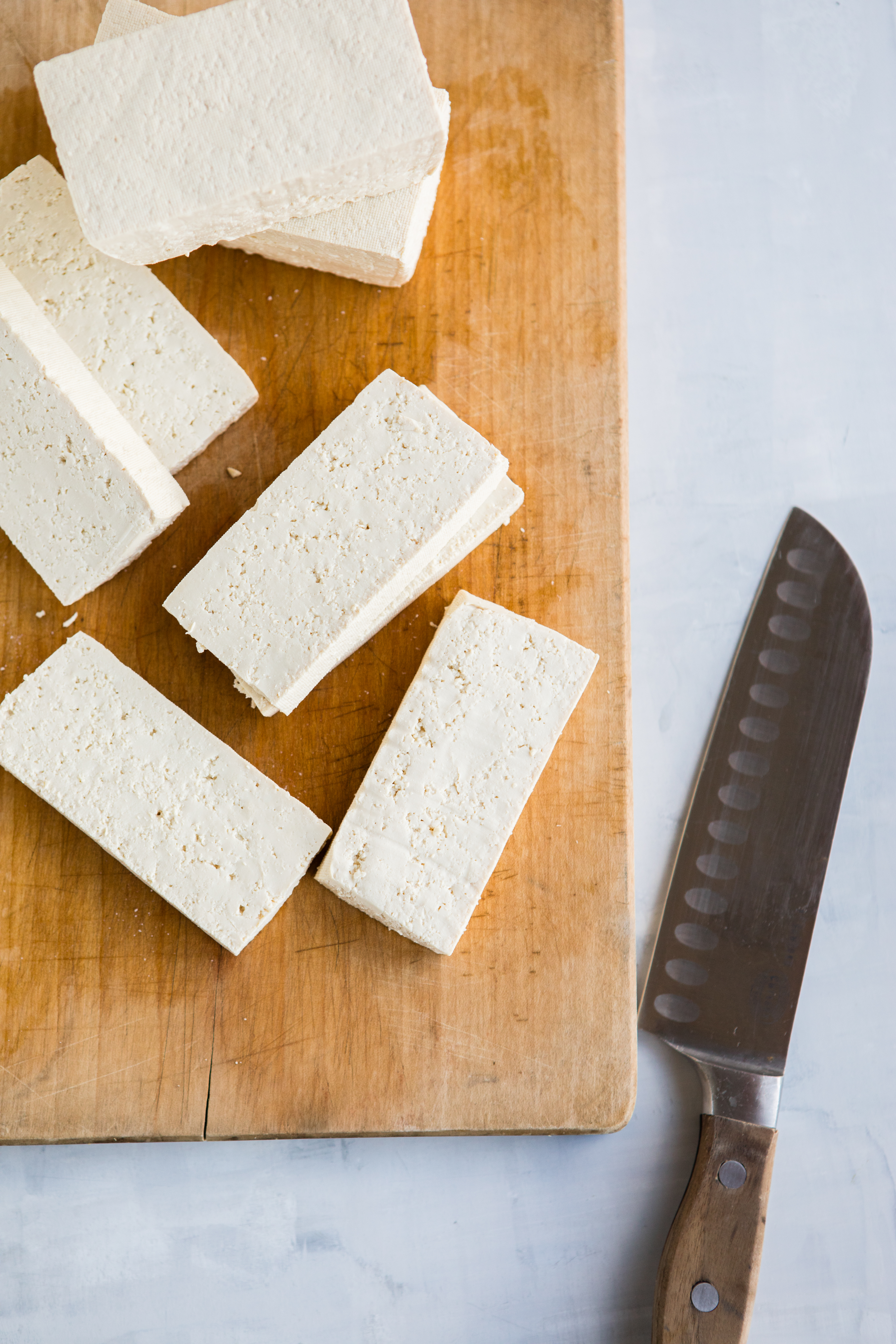Most women who are of childbearing age are aware of how important it is to get folate in their diets. There’s a lesser known – but equally important – nutrient you should also be prioritizing especially if you’re a vegetarian: choline.

Choline is not a vitamin or a mineral. Rather, it’s a water-soluble organic compound. Our bodies do produce small amounts of choline, but the rest we need to obtain through our diets, which makes it an essential nutrient. Although it isn’t a vitamin, choline is often grouped together with B vitamins (folate is a B vitamin) due to similarities.
Choline plays a role in regulating your nervous system, metabolism (including fat transport out of your liver), muscle movement, and liver function. It’s also critical for healthy brain development, and is in fact just as important as folate for preventing neural tube defects and supporting normal brain development in a developing fetus. In pregnant women choline is also required for proper function of the placenta.
How much choline do you need in your diet?
- Adult women should be getting 425mg per day
- Pregnant women should be getting 450mg per day
- Adult men should be getting 550mg per day
Also keep in mind that while 450mg is a good daily target, studies have shown that even twice as much – 900mg or more – daily choline in your diet may be beneficial.
But get this: it’s estimated that more than 90% (that’s NINETY PERCENT) of women don’t meet the recommended daily intake of this very important nutrient. Whoa!
Choline is especially important for vegetarians to be mindful of, as the richest sources, do, unfortunately come from animal foods: a one-ounce serving of beef liver provides 119mg of choline, and one egg provides 115mg, all of it from the yolk.
There are some plant-based sources of choline to be aware of, including cruciferous vegetables like kale, cauliflower, and broccoli, legumes, and some nuts. For example:
- 1/2 cup of steamed broccoli contains approximately 30mg of choline
- 1/2 cup of Brussels sprouts contains approximately 30mg
- 1/2 cup pinto beans contains approximately 30mg
- 1/2 cup of firm tofu contains approximately 35mg
- 1/2 cup of cooked quinoa contains approximately 20mg
- 1/2 cup full-fat yogurt contains approximately 20mg
- 2 tablespoons of peanut butter contains approximately 20mg
- 1/4 cup raw almonds contains approximately 18mg

So you can see that while it isn’t impossible to get adequate choline on a vegetarian diet, it’s definitely more of a challenge than not.
A lunch bowl with one cup quinoa (40mg), 1 cup steamed broccoli (60mg) 1/2 cup tofu (35mg) and a handful of almonds (18mg) adds up to 153mg of choline, or approximately one-third of your daily recommended intake.
If you’re a vegetarian who includes eggs in their diet, I recommend eating 2-3 eggs daily, especially during pregnancy. And no, you don’t need to worry about the cholesterol in the yolk.
Adding two hard-boiled eggs (230mg) to the lunch bowl above would bump the choline content up to 383mg, meaning you’ve nearly met your daily goal already.
If you don’t include eggs in your diet, then you need to be mindful of regularly including choline-rich plant foods in your diet, and consider taking a choline supplement. Seek out choline bitartrate or sunflower lecithin for good supplement choices.
Photo by Alison Marras on Unsplash
11